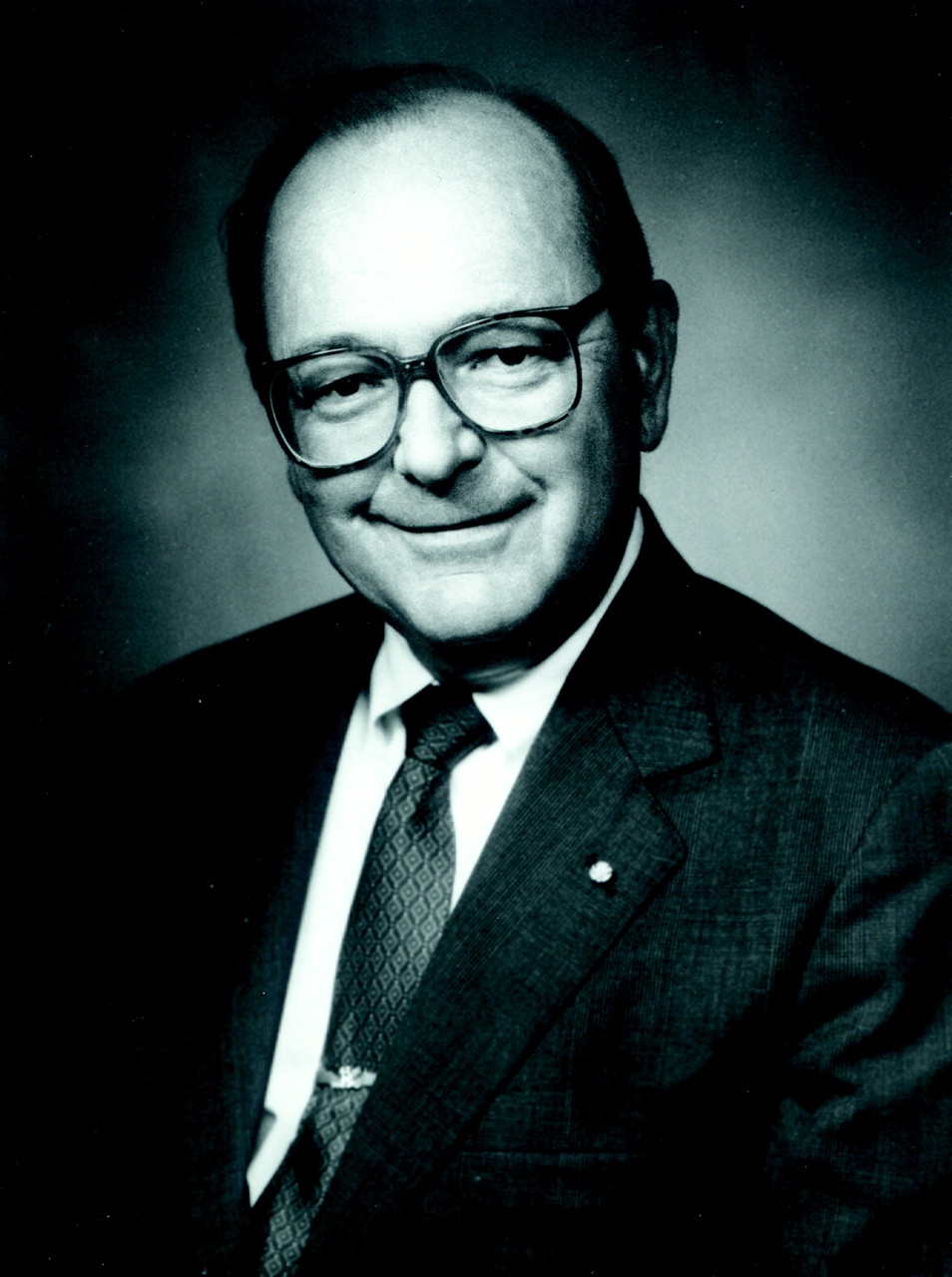The discipline we identify by the term “psychiatry” is an amalgam of knowledge and style. The various tasks inherent in its practice shape the psychiatrist. Occasionally, a particular psychiatrist, bringing his or her own manner, has a unique effect on the surrounding professional environment.
So it was with
Dr. Maurice John Martin—M.J. to his colleagues and friends. The task was the practice of general psychiatry in what may be the largest consultation-liaison environment—the Mayo Clinic.
M.J. arrived at Mayo as a resident in internal medicine in 1955, less than a decade after the official establishment of the Section of Psychiatry. The first chair, Dr. Francis J. Braceland, gathered together an impressive initial staff, including such future leaders in American psychiatry as Howard Rome, Lawrence Kolb, David Boyd, Adelaide Johnson, and Benjamin Spock. These founders, surrounded by a legion of medical and surgical colleagues caring for a vast population of patients, recognized the inherent opportunity to further nurture psychiatry in an intense medical environment. So did M.J.
(1–
4).
After completing his medical residency, M.J. spent 2 years on active duty in the U.S. Army Medical Corps. After considerable contemplation, he returned to Mayo and entered a psychiatry residency. In 1962 he joined the staff of the fledgling department as the first psychiatrist at Mayo with Board certification in both medicine and psychiatry. Currently there are several department members who similarly prepared themselves.
M.J. was totally comfortable with all patients. Perhaps as important, he was equally skilled in making physicians comfortable with him. He had a remarkable capacity to sense the unspoken needs of the referring physician. He was the master of the Mayo “off-the-floor” consultation (OTF)—a procedure in which the patient is seen in the referring physician’s office. After a brief face-to-face discussion with the referring physician, M.J. would spend about 45 minutes with the patient. He would then write a brief note (he obtained local fame for pithy notes), tell the referring physician—again face-to-face—what he thought and recommended, and then move on to the next OTF. Even in his late 60s, M.J. was doing four to six OTFs a day. He once estimated he had done 20,000!
M.J.’s leadership qualities were considerable. He was president of the Academy of Psychosomatic Medicine, the American College of Psychiatrists, and the American Board of Medical Specialties as well as a vice-president and director of the American Board of Psychiatry and Neurology and a director of the American Board of Emergency Medicine. His 41 years in the Army Reserves culminated with his being the oldest colonel on active duty during the 1991 Gulf War.
Perhaps the most important substrate supporting M.J.’s interpersonal skills was formed by his early years. He was born and raised on a farm in east central Illinois, during a time that was closer to the 19th century in terms of culture and mores than to the 21st. When relaxed among friends, he enjoyed retelling anecdotes of the rural life that he felt shaped his personality. His basic lack of hubris, nondramatic style, friendliness, well-sublimated aggressiveness, and unique sense of empathy immediately identified his place of origin.
He died prematurely at the age of 69. Before the onset of his terminal illness in the early winter of 1998, he was his usual bundle of energy, giving no hint of contemplating retirement. True to his nature, he remained as concerned for his colleagues, friends, and family as for himself. For all who knew him, M.J. Martin epitomized a complete physician and an ideal consultation-liaison psychiatrist.


